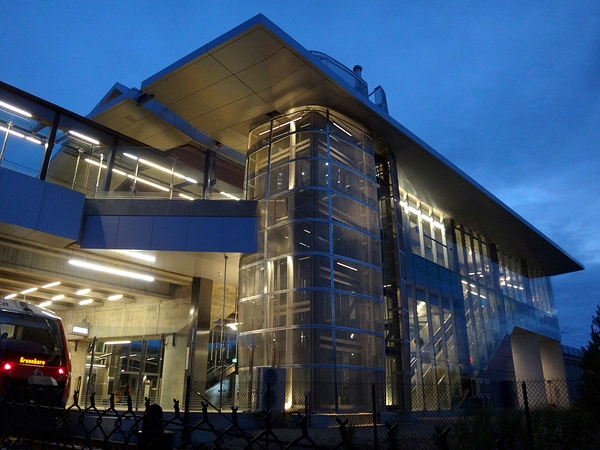
Catherine McKenney
On April 21, the city’s Transit Commission considered an innocuous-sounding report titled, “Transit Service Evaluation Criteria.”
I believe that the report creates a roadmap for slashing public transit in Ottawa by establishing a series of benchmarks which will trigger future cuts. I have voted against this report at both the Transit Commission and at City Council.
I oppose it for several reasons.
First, the report acknowledges that council has adopted an equity and inclusion lens, requiring that any potential decision be evaluated for its effect on groups of people who are already disadvantaged. The lens identifies these groups as Indigenous people, Francophones, LGBTQ residents, immigrants, older adults, people living in poverty, people with disabilities, racialized people, rural residents, women and youth, as well as others who are at risk of being excluded.
But because these very groups, particularly women, older adults, immigrants, racialized people and low-income residents make up the majority of transit customers, staff think it is unnecessary and would take too much time to apply the equity and inclusion lens. In other words, since we already know that cuts will hurt the most vulnerable residents, what’s the point of considering them?
The purpose of the equity and inclusion lens is to prevent exactly this type of action. We cannot ignore our vulnerable populations and make policy decisions that hurt them, without providing them with an opportunity to voice their concerns and without doing a full analysis of what the cuts will mean.
I am also concerned with the impact any cuts will have on greenhouse gas emissions, public safety and the further reduction of transit ridership. We know that public transit offers a sustainable alternative to private car use, particularly for daily commuters. This has positive impacts for our community, including fewer vehicle collisions, less congestion and less air pollution affecting our health and our planet. Our city declared a climate emergency in 2019 and we must continue to ensure that this declaration affects our policy decisions.
Yet the report offers no analysis on these impacts. If we cut transit routes, what will happen? How many more tonnes of greenhouse gases will be emitted? How many more people will switch to private vehicle use? How long will daily commutes become for those who rely on transit?
Furthermore, how will low-income workers, who often have little choice about how far they live from their jobs, get to work each day? How many of them will lose their jobs as a result of these decisions?
As elected representatives, we must understand what effect our decisions will have prior to making them. This report focuses on one element only, that is, lowering expenditures. But reducing our tax base, creating more pollution and having to build wider roads will end up costing more money, not less. The overall impact on our residents will be harmful and long-lasting.
The foundation of this approach is a City of Ottawa policy that public transit users must pay 55 percent of the costs of the system from their pockets, with general revenues paying the rest. This means transit users pay twice: once through their fares and again through their property taxes. This also means any reduction in ridership has a tremendous impact on transit funding. Making cuts is not the answer. Revisiting the formula is.
A healthy city needs a good, sustainable public transit system. We are teetering on the precipice of losing that.
